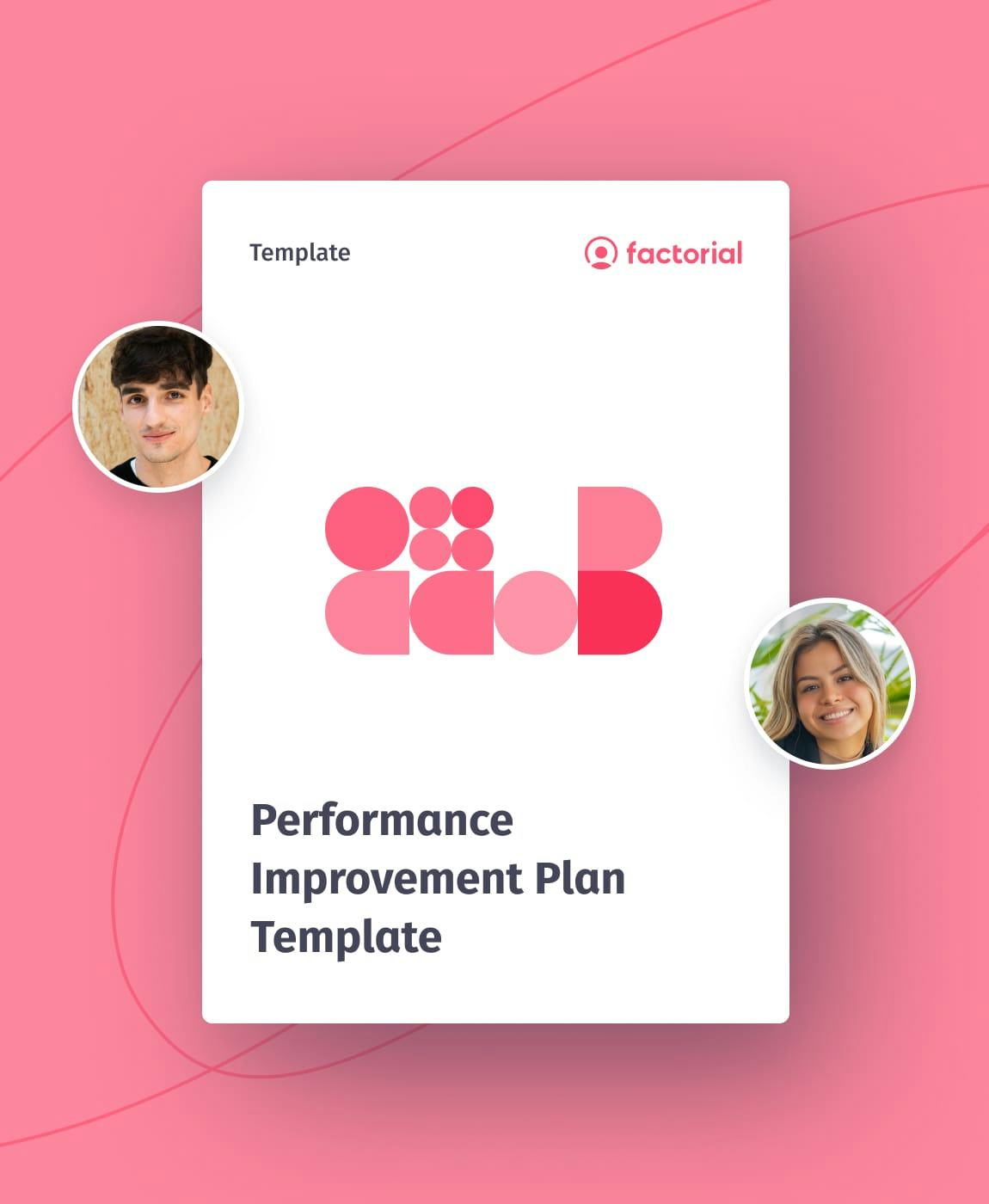Free Performance Improvement Plan Template
🎉 Free Performance Improvement Plan Sample
With our Performance Improvement Plan Template, or 'PIP' template, you can help employees improve their work performance and meet (or even surpass) expectations.
Our user-friendly Performance Improvement Plan (PIP) template is designed to help you identify and address performance gaps effectively. If a particular employee is exhibiting poor performance, a performance action plan can support them by setting clear expectations for development and providing an improvement goal and progress milestones to guide their growth. They also provide a framework for the employee's performance review.
Using performance improvement plan templates like this one, you can visualise:
- PIP objectives and required outcomes.
- Areas of support needed for the struggling employee.
- Consequential actions for insufficient progress.
Just fill out the form, and we'll send the PIP template right to your email inbox.

What Our Performance Improvement Plan Template Includes
Here's what you can expect to find within the template:

Benefits of Performance Improvement Plans
A PIP is a structured approach that allows employers to work collaboratively with employees to address performance issues and create a clear path towards improvement. It provides a framework for open communication to discuss performance issues, sets realistic expectations, and offers guidance to help employees overcome obstacles and reach their full potential. They have many benefits, including:
- Provides a structured framework for addressing performance issues.
- Promotes open communication and feedback between employers and employees.
- Identifies specific areas of improvement and creates a roadmap for success.
- Encourages professional development and skill enhancement.
- Supports employee growth and career advancement.
- Fosters a culture of continuous improvement within the organisation.
- Increases employee engagement and morale.
- Enhances productivity and performance outcomes.
Aims of a PIP
By implementing a PIP, you empower your employees to take ownership of their growth, performance management and development, fostering a culture of continuous improvement throughout your organisation.
Remember, a high-performing team is the key to your organisation's success. Invest in your employees' growth, and the rewards will be substantial.
Get started now with our free employee performance improvement plan template and witness the positive impact it can have on your organisation!
The primary aims of a PIP are to improve performance by:
- Identify and Address Performance Issues: Pinpoint specific areas where an employee's performance is falling short and work together to develop strategies for improvement.
- Support Professional Development: Provide employees with the necessary resources, training, and guidance to enhance their skills and abilities.
- Align Expectations: Establish clear goals and performance expectations, ensuring that both parties are on the same page regarding what needs to be achieved.
- Enhance Communication: Encourage open and honest communication between employers and employees, fostering a positive working relationship and trust.
- Promote Accountability: Hold employees accountable for their performance while providing the necessary support to help them succeed.
- Facilitate Fairness: Ensure that the performance improvement process is fair, transparent, and unbiased, with clear criteria and opportunities for feedback.
How to Develop an Effective PIP
- Define Acceptable Performance: Hold a performance improvement plan meeting between the employee and the manager involved. During this, you should explain the company's expectations and performance objectives, what acceptable performance looks like, and what will happen if the employee fails to improve.
- Create Measurable Objectives: Employees should be provided with a roadmap for improvement. This helps to make improvement feel achievable, encouraging a positive attitude. It also allows you to measure success easily.
- Outline Resources and Support: Managers can offer assistance through training programmes, performance coaching, or encourage peer mentoring with another team member.
- Schedule Regular Check-Ins: Regular meetings provide an opportunity to monitor progress, assess incremental goals, and offer guidance.
- State the Consequences: You must clearly outline the potential repercussions if performance improvements are not achieved.